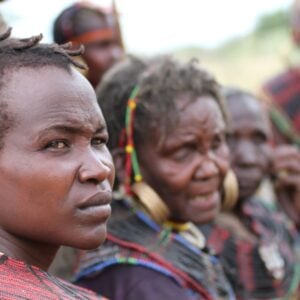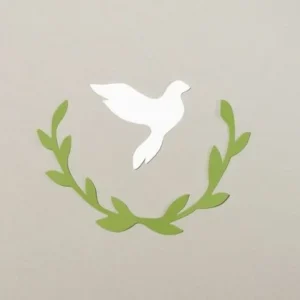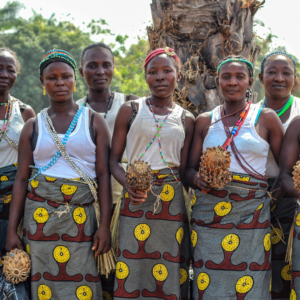Golo Mori, a scenic village in southern Labuan Bajo, West Manggarai, East Nusa Tenggara, is renowned for its rich coffee traditions. Nestled amid rolling hills and coastal winds, the village blends culture and nature, producing coffee through rituals passed down for generations. Visitors to Golo Mori experience the rhythmic pounding of coffee beans by local women using traditional mortars and pestles made from jackfruit and kukung wood, a practice that serves as both hospitality and social cohesion within the community. Coffee here is not merely a beverage—it is a cultural glue that binds families and neighbors together while fostering communal harmony.
Beyond its social significance, Golo Mori’s coffee tradition has a profound ecological impact. The tools and materials for coffee-making come from local forests, and under customary law, or adat, certain trees like the jackfruit and kukung are sacred. This respect for the forest ensures that critical ecosystems are preserved, preventing soil erosion, protecting riverbanks, and maintaining habitats for wildlife, including prey species of the endangered Komodo dragon. Thus, protecting the trees for coffee rituals directly supports the conservation of the broader forest and its iconic inhabitants.
Women play a central role in safeguarding both culture and ecology. The Kopi Tuk Golo Mori group, consisting primarily of women, maintains the ancestral craft of coffee production while gaining economic empowerment. The IN-FLORES project, a collaboration between Indonesia’s Ministry of Forestry and UNDP, funded by the Global Environment Facility, supports these women by providing training in packaging, quality control, and market access. This approach helps convert traditional practices into sustainable livelihoods, reducing the pressures that can lead to habitat destruction. Similar support is extended to traditional weavers and eco-tourism guides, linking conservation with cultural and economic resilience.
The people of Golo Mori coexist with the Komodo dragon through a system of customary rules that guide human-wildlife interactions. When conflicts occur, adat leaders mediate disputes, arrange offerings, and negotiate solutions that respect both community safety and conservation priorities. This community-centered approach demonstrates that effective conservation does not rely solely on enforcement or fencing but on empowering local actors and honoring traditional knowledge.
In Golo Mori, each cup of coffee reflects a larger story of balance, resilience, and sustainable development. By integrating cultural heritage, economic opportunity, and ecological protection, the village exemplifies how conservation efforts can thrive when rooted in local wisdom and supported by modern interventions. The experience of Golo Mori highlights that the future of conservation lies in harmonizing human and natural systems, ensuring both people and nature flourish together.







